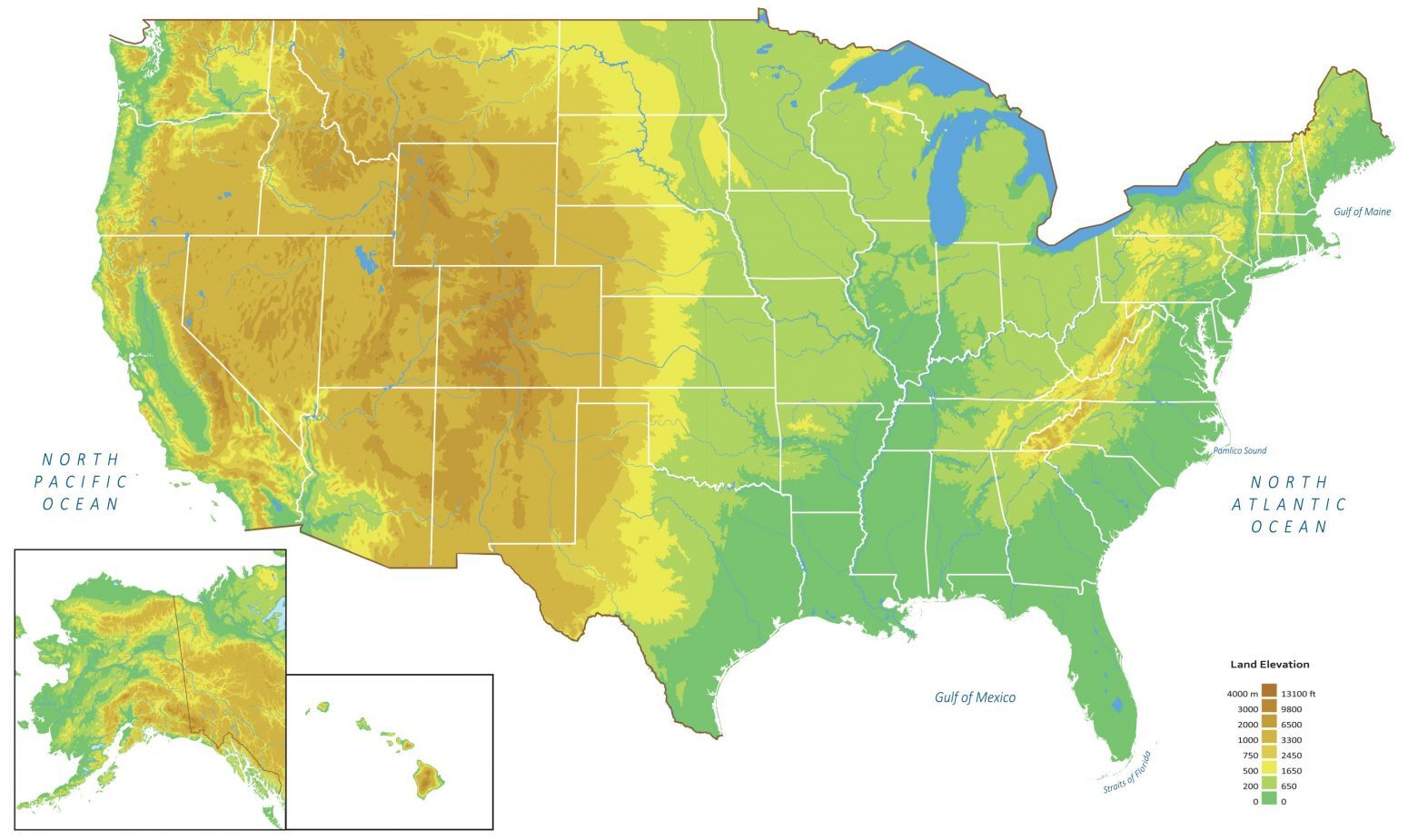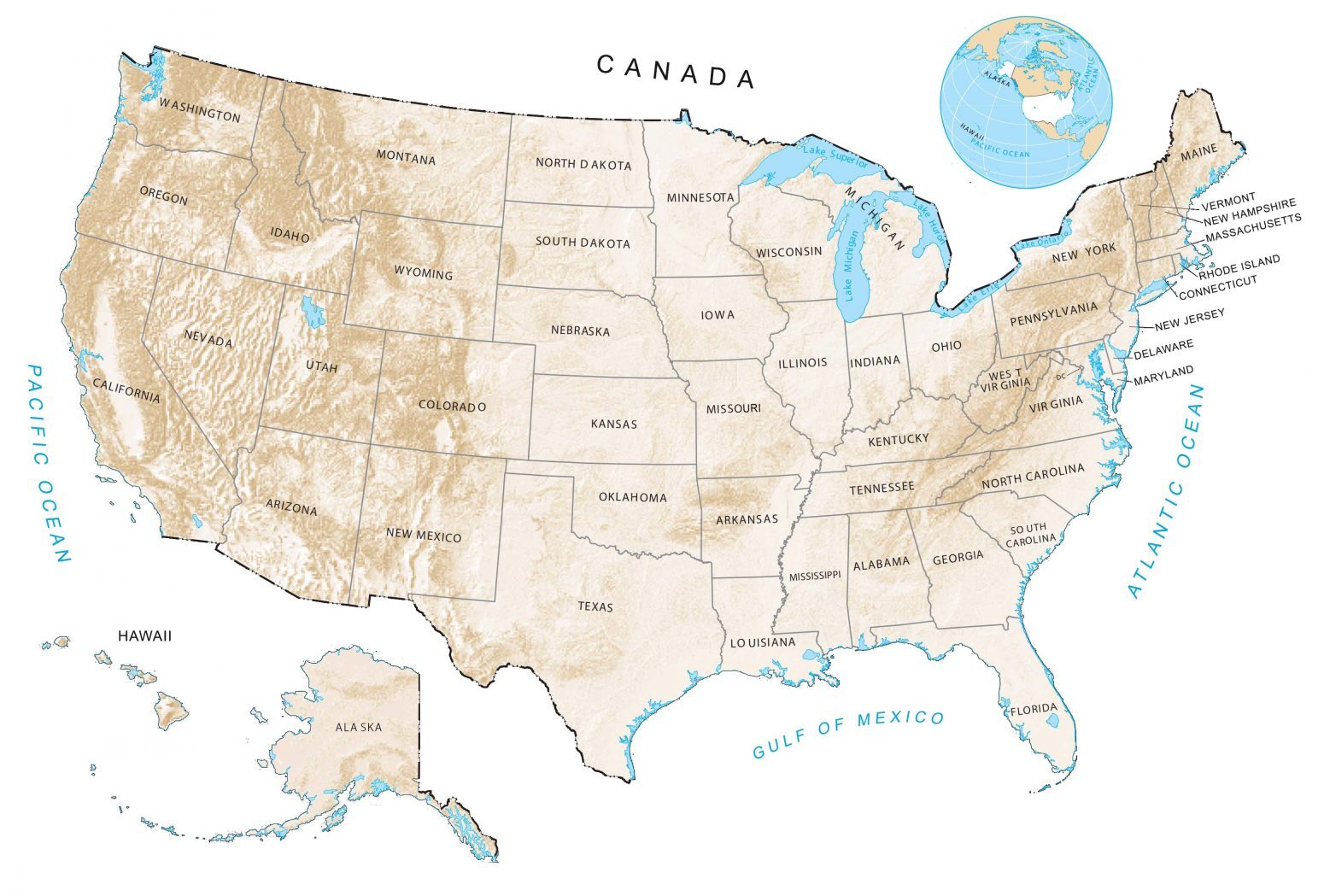When it comes to exploring the United States' geographical diversity, one intriguing question often arises: what US city has the highest elevation? Understanding the elevation of cities not only provides fascinating insights into geography but also highlights the unique challenges and lifestyles of residents in high-altitude areas. If you're curious about which city reigns supreme in terms of height, this article will unravel the mystery and provide you with comprehensive information.
From breathtaking mountain ranges to sprawling urban landscapes, the U.S. is home to cities perched at impressive altitudes. These cities offer more than just stunning views; they also present unique cultural, economic, and environmental dynamics. As we delve into this topic, we'll explore the city that holds the title of "highest elevation" and uncover the factors that contribute to its distinctiveness.
Whether you're a geography enthusiast, a traveler seeking adventure, or simply curious about the world around you, this article will equip you with the knowledge you need to understand the significance of elevation in urban settings. Let's begin our journey to discover the city that stands tallest among its peers!
Read also:Emily Compagnos First Husband Unveiling The Story Behind Her Personal Life
Table of Contents
- Introduction to High-Elevation Cities
- City Profile: Leadville, Colorado
- Why Elevation Matters
- Geography of High-Elevation Cities
- Climate in High-Elevation Areas
- Health Impact of Living at High Altitudes
- Economic Activities in High-Elevation Cities
- Tourism Opportunities
- Historical Significance
- Comparison with Other High-Elevation Cities
- Conclusion
Introduction to High-Elevation Cities
The United States is home to several cities that boast impressive elevations, offering residents and visitors alike a unique experience. Among these, one city stands out as the highest in terms of elevation. But what makes a city's elevation noteworthy, and why should we care? The answer lies in the interplay between geography, climate, and human adaptation.
Defining Elevation and Its Importance
Elevation refers to the height of a location above sea level. In the context of cities, elevation plays a critical role in shaping the environment, influencing everything from weather patterns to infrastructure development. High-elevation cities often face distinct challenges, such as limited oxygen levels and harsh winters, which require innovative solutions to ensure livability.
City Profile: Leadville, Colorado
Leadville, Colorado, holds the distinction of being the highest incorporated city in the United States. Situated at an elevation of 10,152 feet (3,094 meters), this city is nestled in the heart of the Rocky Mountains. Known for its rich mining history and picturesque landscapes, Leadville offers a glimpse into the life of a high-altitude community.
Biography of Leadville
| Attribute | Details |
|---|---|
| Location | Central Colorado, USA |
| Elevation | 10,152 feet (3,094 meters) |
| Population | Approximately 2,500 residents |
| Founded | 1878 |
| Known For | Mining, outdoor recreation, and historical landmarks |
Why Elevation Matters
The elevation of a city affects numerous aspects of daily life, from the availability of resources to the types of activities residents can enjoy. Understanding the significance of elevation helps us appreciate the unique characteristics of high-altitude cities like Leadville.
Key Factors Influenced by Elevation
- Climate: Higher elevations typically experience cooler temperatures and more pronounced seasonal changes.
- Health: Residents of high-altitude areas may face challenges such as altitude sickness and lower oxygen levels.
- Infrastructure: Building and maintaining infrastructure in high-elevation cities requires specialized engineering techniques.
Geography of High-Elevation Cities
High-elevation cities are often located in mountainous regions, where the terrain presents both opportunities and challenges. The geography of these areas plays a crucial role in shaping the cities' development and character.
Topographical Features of Leadville
Leadville is surrounded by majestic peaks, including Mount Elbert, the tallest mountain in Colorado. The city's location in the Rocky Mountains provides access to pristine wilderness and world-class outdoor recreation opportunities.
Read also:David Cowan Tucson Art Exploring The Masterpieces And Legacy Of A Visionary Artist
Climate in High-Elevation Areas
Climatic conditions in high-elevation cities differ significantly from those at lower altitudes. Understanding these differences is essential for anyone considering a visit or relocation to such areas.
Seasonal Variations in Leadville
Leadville experiences four distinct seasons, each with its own charm and challenges. Winters are cold and snowy, while summers are mild and ideal for outdoor activities. Spring and fall bring vibrant colors and moderate temperatures, making them popular times for tourism.
Health Impact of Living at High Altitudes
Living at high altitudes can have both positive and negative effects on human health. While some people thrive in these environments, others may struggle with altitude-related illnesses.
Common Health Concerns
- Altitude sickness
- Lower oxygen levels
- Increased UV exposure
Despite these challenges, many residents of high-elevation cities adapt well and enjoy the benefits of a cleaner, less polluted environment.
Economic Activities in High-Elevation Cities
The economy of high-elevation cities often revolves around industries that capitalize on their unique geographical advantages. Mining, tourism, and agriculture are among the key sectors driving economic growth in these areas.
Leadville's Economic Pillars
Historically, mining has been the backbone of Leadville's economy. Today, tourism and outdoor recreation play significant roles, attracting visitors from around the world who come to explore the city's natural beauty and rich history.
Tourism Opportunities
High-elevation cities offer a wealth of opportunities for tourists seeking adventure and relaxation alike. From skiing and snowboarding in the winter to hiking and fishing in the summer, these destinations cater to a wide range of interests.
Top Attractions in Leadville
- Mount Elbert Trail
- Twin Lakes Scenic Byway
- Healy Lake Recreation Area
Historical Significance
Many high-elevation cities have fascinating histories that reflect the challenges and triumphs of their residents. Leadville, for example, was founded during the silver mining boom of the late 19th century and played a pivotal role in Colorado's economic development.
Key Historical Events
Leadville's history is marked by significant milestones, including the discovery of silver in 1878 and its subsequent rise as a major mining hub. Today, the city preserves its heritage through museums, historic buildings, and annual festivals.
Comparison with Other High-Elevation Cities
While Leadville holds the title of the highest incorporated city in the U.S., other cities around the world also boast impressive elevations. Comparing these cities highlights the diversity of high-altitude urban environments.
Global High-Elevation Cities
Cities like La Paz, Bolivia, and Lhasa, Tibet, offer intriguing contrasts to Leadville in terms of culture, climate, and infrastructure. Each city has adapted to its unique challenges in its own way, creating a rich tapestry of high-altitude living.
Conclusion
In conclusion, the question "what US city has the highest elevation?" leads us to the remarkable city of Leadville, Colorado. With its breathtaking landscapes, rich history, and vibrant community, Leadville exemplifies the allure of high-altitude living. Whether you're drawn to the city's natural beauty, cultural heritage, or outdoor adventure opportunities, Leadville offers something for everyone.
We invite you to share your thoughts and experiences in the comments below. Have you visited Leadville or another high-elevation city? What did you enjoy most? Don't forget to explore our other articles for more fascinating insights into geography, travel, and beyond!
References:
- U.S. Geological Survey
- Colorado Tourism Office
- National Park Service

